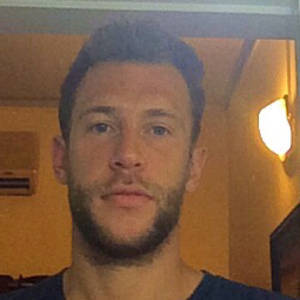Extração
This expansive view ain't bad over breakfast, even pre-7am on a Sunday morning. Weekends and weekdays bleed into each other somewhere like Niassa, so it was a day with a table plonked on the veranda outside the Conservancy's main office, working on reports. There is an age old approach, which I've now repeated in several countries, of extracting project information from colleagues and partners, in just enough detail to satisfy donors, but not labouring the exercise so much that it causes aggravation. It's a fine balance to strike as often donor requests over-egg the pudding whilst simultaneously field staff need to more greatly appreciate the reporting burden of funds they've implemented. Further financing won't come if we do a bad job. A relatively good sense of satisfaction was achieved by the end of the day.
Back at the Lugenda viewpoint but after nightfall, the elephant collaring team has been winding up its activities. Nothing can faze this hardy bunch after the sort of work they've done over the years in Cameroon, South Sudan and Angola. Some interesting discussions about sustainable hunting and its role in conservation. Several years ago, revenue from hunting permits sustained conservation work in Niassa, which meant it could be protected. It's a popular belief that the Reserve wouldn't exist without this period of its history. Someone told of a hunting block next to a national park in Cameroon that has much greater biodiversity value than the national park itself, as the hunting block uses its income to patrol itself, whilst the national park has no resources and is rinsed by poachers.
Preservation of wildlife alive is often conflated with conservation of natural heritage. As conservationists we should be interested in the greatest biodiversity, most intact habitats and best recreation of natural conditions that we can attain. Although there is no general solution, a pragmatic approach in certain locations, including Niassa where tourism development is incredibly challenging, is to permit hunting within quotas based on sound assessments of what wildlife can withstand. The offtake of a few head of buffalo doesn't have a net negative impact; quite the opposite if thousands of additional dollars are available to protect an area and the diversity of wildlife within. I don't advocate the shooting of endangered species but common game animals like buffalo will bounce back immediately if the herd is protected, which it can be with decent revenue.
Hunting certainly needs to stop short of glorifying itself, and the taking of trophies I find distasteful. However there is always a steady supply of big game hunters who are thrilled by the feeling of stalking and killing large wild animals. It's not a feeling I can empathise with, and I generally cringe around firearms, but for the greater good of conservation I'm willing to take advantage of these people's desire to spend thousands of dollars.
It's incredibly tricky and sensitive when the membership base of conservation organisations is comprised of varied people: traditional types who are attached to landscapes and enjoy their weekly forays to chase foxes on horseback thrown together with those who break down in tears at a bedraggled donkey and would want to expose organisations to the Daily Mirror for seemingly supporting the killing of wildlife.
On this topic I support the pragmatic approach that maximises conservation gains in the long term. Within the sector it's an accepted view, however not always by the general public.

Comments
Sign in or get an account to comment.


